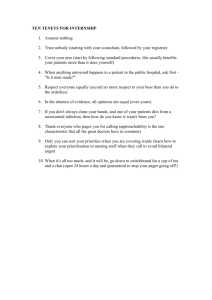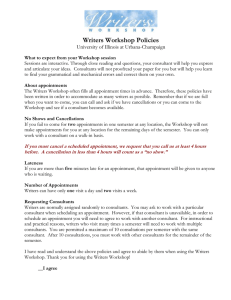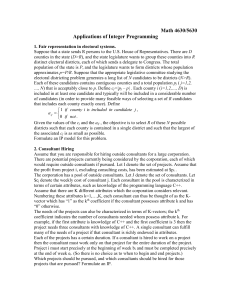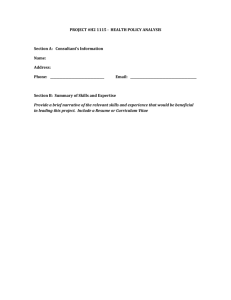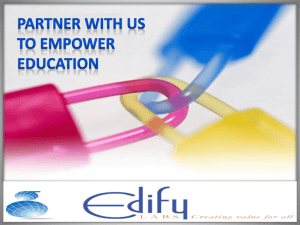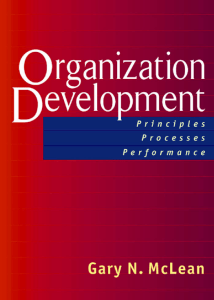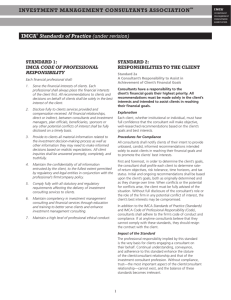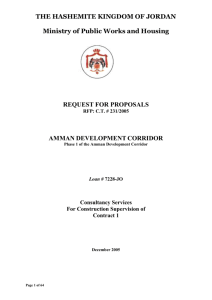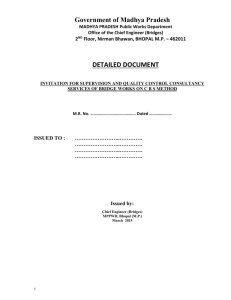What We Do and How We Do It
advertisement
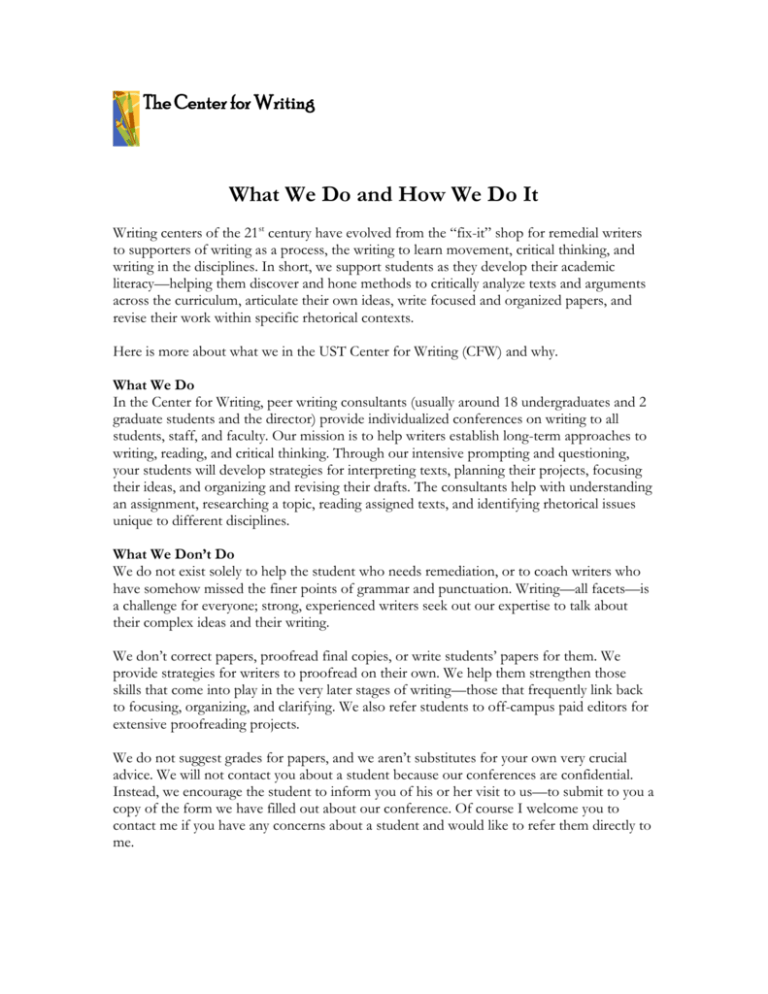
The Center for Writing What We Do and How We Do It Writing centers of the 21st century have evolved from the “fix-it” shop for remedial writers to supporters of writing as a process, the writing to learn movement, critical thinking, and writing in the disciplines. In short, we support students as they develop their academic literacy—helping them discover and hone methods to critically analyze texts and arguments across the curriculum, articulate their own ideas, write focused and organized papers, and revise their work within specific rhetorical contexts. Here is more about what we in the UST Center for Writing (CFW) and why. What We Do In the Center for Writing, peer writing consultants (usually around 18 undergraduates and 2 graduate students and the director) provide individualized conferences on writing to all students, staff, and faculty. Our mission is to help writers establish long-term approaches to writing, reading, and critical thinking. Through our intensive prompting and questioning, your students will develop strategies for interpreting texts, planning their projects, focusing their ideas, and organizing and revising their drafts. The consultants help with understanding an assignment, researching a topic, reading assigned texts, and identifying rhetorical issues unique to different disciplines. What We Don’t Do We do not exist solely to help the student who needs remediation, or to coach writers who have somehow missed the finer points of grammar and punctuation. Writing—all facets—is a challenge for everyone; strong, experienced writers seek out our expertise to talk about their complex ideas and their writing. We don’t correct papers, proofread final copies, or write students’ papers for them. We provide strategies for writers to proofread on their own. We help them strengthen those skills that come into play in the very later stages of writing—those that frequently link back to focusing, organizing, and clarifying. We also refer students to off-campus paid editors for extensive proofreading projects. We do not suggest grades for papers, and we aren’t substitutes for your own very crucial advice. We will not contact you about a student because our conferences are confidential. Instead, we encourage the student to inform you of his or her visit to us—to submit to you a copy of the form we have filled out about our conference. Of course I welcome you to contact me if you have any concerns about a student and would like to refer them directly to me. Who Comes to See Us Of the over 1600 individualized conferences the peer consultants hold annually, a bit over half are typically with first year undergraduates. These students are looking for support as they make the transition into the rigors of academic writing. They might be struggling mightily with this transition, yet many simply care so much about their writing and their learning that they are taking advantage of any resource that can provide them with insight into these very complex processes. Statistically, business, “undecideds,” and English majors come to see us. They are bringing their writing for their core courses, particularly in English, theology and philosophy. Their conferences last on average over 30 minutes Who We Are In the Center (and in my own classrooms), I am committed to having students work with their peers. Peer consultants provide a unique perspective to students who are constructing their own understanding of good writing, how to respond to assignments, and how to interpret texts. Peers can draw on their own language and shared experiences to talk about the challenges teachers pose. The peer consultants in fact take on many roles in a conference: mentor, advisor, coach, fellow writer, and fellow student. Our peer consultants are trained to work with your students on their learning, not just their writing. They major in a variety of disciplines, including of course English, but also business, journalism, education, and history. Each consultant is or has taken a full credit bearing required course, Writing Theory and Practice, to prepare them to work in our writing center. They are well versed in the writing process, research in the development of writing abilities, and how to share effective strategies for analyzing, reading, writing, and communicating. How We Work Consultants ask questions. Each conference roughly follows this format: The consultant asks the student about the assignment, hoping he or she brought it along so they can review it extensively together. The consultant asks the student to describe where he or she is in the process of completing the assignment, giving the student a sense that they are involved in a process of writing. Many students at this stage hope they are much further along than they actually are. The consultant then asks the student to describe his or her concerns about the assignment and/or any writing they have begun. The consultant asks “What is the most important point you want to make in your paper?” This helps the student focus on and articulate their main point (without looking at the paper), and it also helps the consultant see if the student is, in fact, focused. If the student has a draft, he or she reads it aloud. The consultant listens, noting at this stage the larger rhetorical issues of purpose, focus, organization and general clarity that might be addressed. The consultant then engages the student in a conversation about a draft or the major ideas, and he or she does this through questioning. Many times the student has benefited simply from reading the draft out loud—in effect, “owning up” to their text. The consultant will not—and need not—evaluate or assess the draft, but will ask the students pointed questions about decisions the writer has made. A successful conference is one in which the consultant and the student embark on an intensive conversation, perhaps about a reading upon which a writing assignment is based, perhaps to plan and organize a draft, or perhaps to intensively revise writing already in progress. Our conferences are confidential. At the close of each conference, the consultant completes a short report on what was accomplished in the conversation. We keep confidential records of who we see; the student can choose to give his or her copy to you. If you have any questions on how we work or why, or about the consultants and their training, feel free to contact me. Dr. Susan Callaway Associate Professor, English Director, UST Center for Writing JRC 361 (651) 962-5602
